May 11, 2025
How do millionaires travel? Private travel trends in 2025
Luxury travel in 2025 no longer resembles the all-inclusive holidays of the past. For millionaires, travelling is a deeply personal experience, aimed not only at relaxation, but also at transformation, self-discovery and enhancing prestige. Trends in luxury travel are evolving rapidly, following the need for privacy, health, personalisation and responsibility. Today, travel for the wealthiest is becoming a cultural act, a statement and a tool for social influence.
1. Privacy is the new luxury – cruises, islands and residences beyond reach
In a world of constant online tracking, social media and digital footprints, wealthy individuals are increasingly seeking complete isolation and peace. Privacy has become the ultimate form of luxury. For many of the wealthiest, the goal is no longer to relax at a resort with 5-star service, but to stay somewhere that Instagram has not yet reached.
In 2025, there will be a growing number of bookings for entire islands – such as Fowl Cay in the Bahamas, Calivigny Island off the coast of Grenada and Velaa Private Island in the Maldives – which are available by invitation only. Residence owners are also opting for off-grid solutions, such as self-sufficient solar-powered villas equipped with water treatment systems and hidden in dense tropical vegetation.
On the other hand, there are also floating residences: superyachts such as the Flying Fox, Kaos and Eclipse – with infinity pools, helicopter landing pads, private spas and cinema rooms – as well as revolutionary houseboats on the Norwegian fjords, which can be relocated at will. All this to maintain maximum comfort and minimum visibility.
2. Luxury air travel – the future of private jets
A real revolution is taking place in the skies today. Private flights are no longer just a status symbol – they are becoming a platform for holistic care for the body and mind. The cabins of the future offer not only seating, but also areas for regeneration, meditation and creative work.
On board the Bombardier Global 7500, passengers will find a meditation space with surround sound, a bed with jet lag prevention technology and a culinary zone where a chef prepares meals based on blood test results sent in advance.
The most advanced jets are already testing solutions of the future, such as smart windows that adjust their transparency to the passenger’s stress level, aromatherapy combined with light therapy, and sleep pods with nature sounds. Flying is becoming a multi-sensory journey, and the cabin an oasis cut off from the world.
New jet models, such as the Dassault Falcon 10X, offer private wellness cabins with shiatsu massages, steam baths and blue light therapy to help synchronise the biological clock.
3. Tailor-made emotional journeys – a new era of personalisation
Traditional travel agencies are becoming a thing of the past. Today, teams of experience curators are being formed to design trips like contemporary art exhibitions. Customers no longer say, ‘I want to go to Italy,’ but rather, ‘I want to feel freedom and melancholy,’ and a team of planners turns these emotions into a real travel scenario.
One London agency organised a scent-themed trip for its client, taking them to Grasse, Marrakesh and the Himalayas, with each stage featuring workshops with local master perfumers. Another arranged a seven-day stay in silence – without any contact with the media, in a monastery in the hills of Umbria, where the only form of communication was the exchange of handwritten letters. These types of experiences act as therapy – but in a couture version.
There are even experiences integrated with brain wave analysis: the client wears sensors that monitor stress levels, and artificial intelligence adjusts activities – from horse riding to tai chi exercises – to their circadian rhythm. Travel is no longer about the landscape, but about inner transformation, about creating something unique that cannot be repeated.
4. Eco-luxury – responsible but exclusive travel
Wealth comes with responsibility. That is why the wealthiest tourists no longer ask, ‘Does the hotel have a spa?’ but ‘Is it climate neutral?’ Luxury is no longer synonymous with excess – it is now defined by quality, durability and responsibility. A new aesthetic of conscious prestige is emerging, based on silence, nature and social impact.
More and more hotels – such as Soneva Fushi in the Maldives, Fogo Island Inn in Canada and Papaya Playa Project in Tulum – are running their own farms, employing only local people and investing in education. Today, luxury travel packages include planting coral reefs, participating in the restoration of Amazonian ecosystems and funding scholarship programmes in the countries visited.
Train travel is also becoming a new form of exclusivity – Belmond Andean Explorer in Peru, Shiki-Shima in Japan and the returning Orient Express, whose new carriages offer Art Deco-inspired interiors, available only to 12 people. On African routes, Rovos Rail is gaining popularity – a train that offers colonial-era luxury in a sustainable version.
5. Biohacking and wellness – health as a new social status
Millionaires today know one thing: longevity is the best investment. That is why their travels are often programmes of biological and mental restoration. Clinics such as Clinique La Prairie in Montreux, SHA Wellness Clinic in Spain, RAKxa in Thailand and Chenot Palace Weggis offer personalised programmes including DNA diagnostics, sleep analysis, hormone balance and circadian rhythm analysis.
Guests have access to ‘longevity coaches’, molecular nutritionists, sleep therapists and mitochondrial medicine doctors. The daily schedule often includes cryotherapy, floating, forest bathing, Ayurveda and neurofeedback sessions. Everything takes place in silence, with views of the mountains or the ocean, and access to a kitchen based on adaptogens and local superfoods.
New in 2025 are mobile biohacking clinics – teams of experts travelling with the client, adapting health protocols to environmental conditions. Luxury brands offer ‘365 Wellness’ packages, which are regenerative trips planned for the entire year – from detox in the Alps to revitalisation in the Atacama Desert.
Luxury travel of the future – personal, conscious and transformative
In 2025, millionaires’ travels are no longer an escapade – they are a practice. They are a form of self-expression, a need for renewal and a demonstration of a lifestyle that values authenticity and quality. The luxury of the future does not shine with gold, but glows quietly – in tune with nature, in the depths of personal experiences, in harmony with the body and the world.
The new elite is not looking for things – it is looking for meaning. It wants to travel not to escape, but to return richer – not necessarily with new experiences, but with mindfulness, sensitivity and peace of mind. Every step on this journey is a conscious decision about who we want to become.
For the 21st-century elite, the most important thing is that every journey leaves a mark – not on the environment, but on the heart. And true luxury begins where accessibility for all ends – and where the space for transformation begins.






